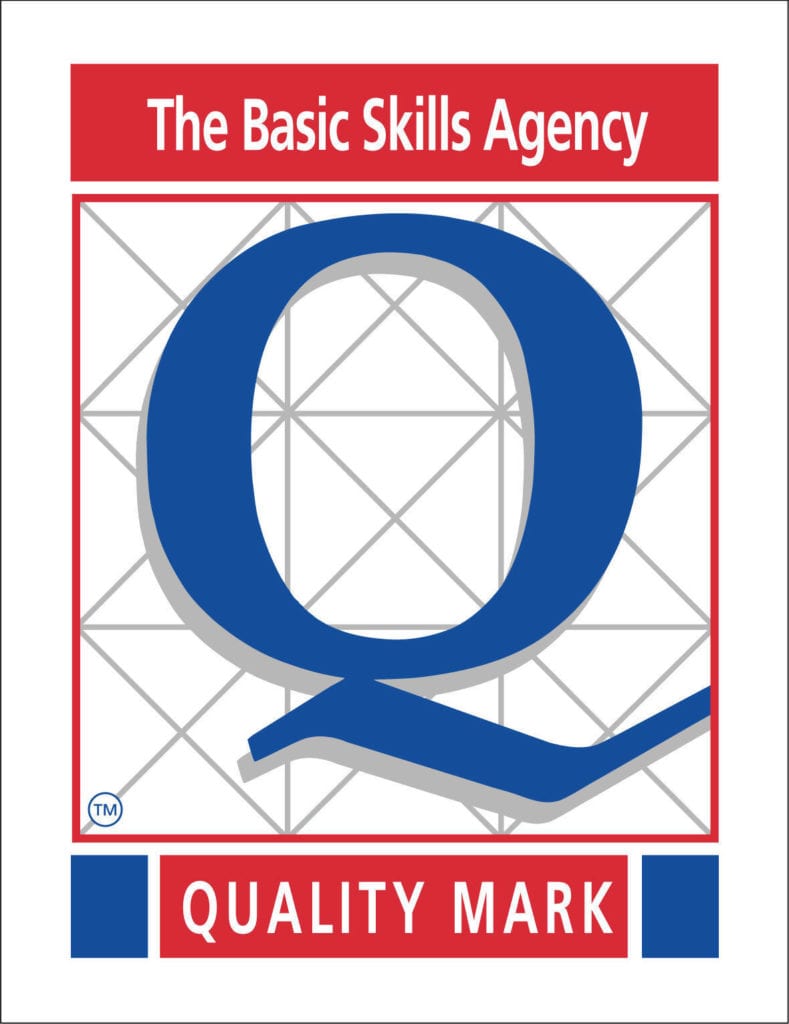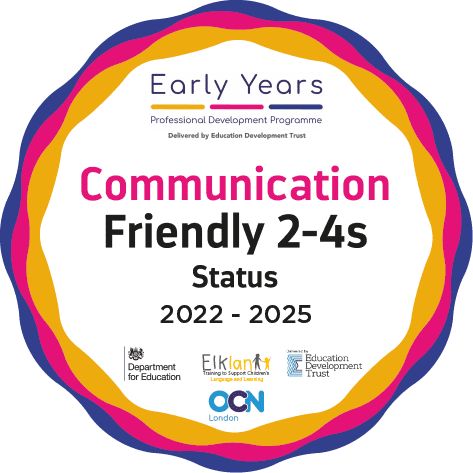Most children and young people in mainstream schools will have their special educational needs met through good classroom practice. This is called Quality First Teaching. At West Rainton Primary School, we are confident that the pupils in our school receive an excellent education, with experienced, enthusiastic and dedicated staff. The level of thought in our planning and delivery proves that we can provide an appropriate curriculum for the majority of pupils, with only a few children moving on to more specialist provision.
Early Identification of Need
In deciding whether to make special education provision to support educational, social, physical or emotional needs, we:
Work with parents and carers to identify their child’s needs and support. Parents and carers will be involved throughout the process. A person-centred approach will be adopted, and meetings to discuss how to support the child will involve the child as much as possible, depending on age and understanding. This is important to us as a school, as our relationships with parents are one of our proudest achievements, and was highly praised during our ‘Inclusion Quality Mark’ assessment in July 2017, when parents were ‘unanimous in their praise for what the school does’. When we received our ‘Centre of Excellence’ for inclusion in November 2020, parents were keen to explain what they thought of our school. During the assessment parents gave their extremely positive views about the school and the support it gives their whole family. As one happy parent said, “I would stand on the rooftops to tell everyone about this school.” Ofsted in February 2023 said that ‘Pupils feel at home at West Rainton Primary School. It is a small school with a strong culture of inclusivity. Pupils work well together in lessons. Pupils from different year groups get on well with one another. They support each other with learning. Everyone is made to feel welcome.’
It is vital that the child is involved in their planning at the beginning of the process, to support their future development. This process can be tricky to manage at primary school level, but flexibility is key in this. There may be times when parents feel that this is not appropriate, which is at their discretion. This will also include discussion of their own concerns, and agreed outcomes sought for the children including next steps. This may be part of parents evenings, or a pre-arranged meeting. Observations of pupils in class may be used, and a short note may be formulated as a starting point for support.
SEN Support
Where a pupil is identified as having a special educational need, we follow a graduated approach which takes the form of cycles of “Assess, Plan, Do, Review”.
This means that we will:
Where appropriate, involve pupils in the process of setting and reviewing targets. SEN support plans will be drawn up to put specific, measurable outcomes in place for the pupil. SEN support plans will be reviewed and re-written three times per academic year; this can be more often of a child needs a shorter period of time for an outcome, to allow them to move forward faster. They will be formulated alongside parents, in a partnership process, and will include suggestions of how parents can support at home. Pupils will also have costed support and a support timetable, to outline the support they will receive in school, alongside teaching.
It may be possible that additional funding is available from the local authority to support children with their needs within a SEN support plan. However, there may be occasions when a pupil’s particular needs cannot be met from the resources available within the school. We may seek advice from outside agencies and experts in the SEND field, including the Educational Psychologist, Children and Adolescent Mental Health Services, Occupational Therapy, Speech and Language Therapy, and the SEND team in the case of learning difficulties. We also consult with School Nursing Services regularly, often as part of the ‘Team Around the Family’ process.
- Assess a child’s special educational needs
- Plan the provision to meet your child’s aspirations and agreed outcomes
- Do put the provision in place to meet those outcomes
- Review the support and progress
A small percentage of children and young people with significant and/or complex needs may require an assessment that could lead to an Education, Health and Care Plan. In such circumstances, an EHC (Education and health care) assessment may be necessary. This will be considered at a person-centred review meeting, of which the child and their family are at the centre of decision making. Outcomes will be agreed as part of the process, and the document ‘My Story’ will support the process further, by documenting the personal story of the child so far. It is imperative that parents do not have to tell their ‘story’ repeatedly, and this process is designed to support this.
For more detailed information see the Local Offer
Details of Identification and Assessment of Pupils with SEN
Children in our school are regularly assessed using standard frameworks for doing so. Their progress is tracked and monitored by the SENDCO, to further plan and ensure that the provision in place meets the needs of the pupils.Pupils who are making slower progress than their peers, or who are struggling with the curriculum in its purest form, may have a special educational need. It is also possible that they simply need more support in class. Observations of pupils is a key part of this process, as well as seeking advice from more experienced members of staff, and outside agencies.
External Agencies and Partnerships
The school enjoys good working relationships with a wide range of people who provide services to children with SEND and their families, particularly when a child is demonstrating further cause for concern or their learning need is more complex and persistent. The external specialists may:
- Act in an advisory capacity
- Extend expertise of school staff
- Provide additional assessment
- Support a child directly
- Suggest statutory assessment is advisable
- Consult with all parties involved with the child
It is also a fundamental part of our school ethos that parents are supported when meeting with professionals from outside agencies, if they feel more confident in doing so, with a well-known member of the school staff present.
For further information please view or download our Accessibility Plan which can be found in the School Policies section of our website.










